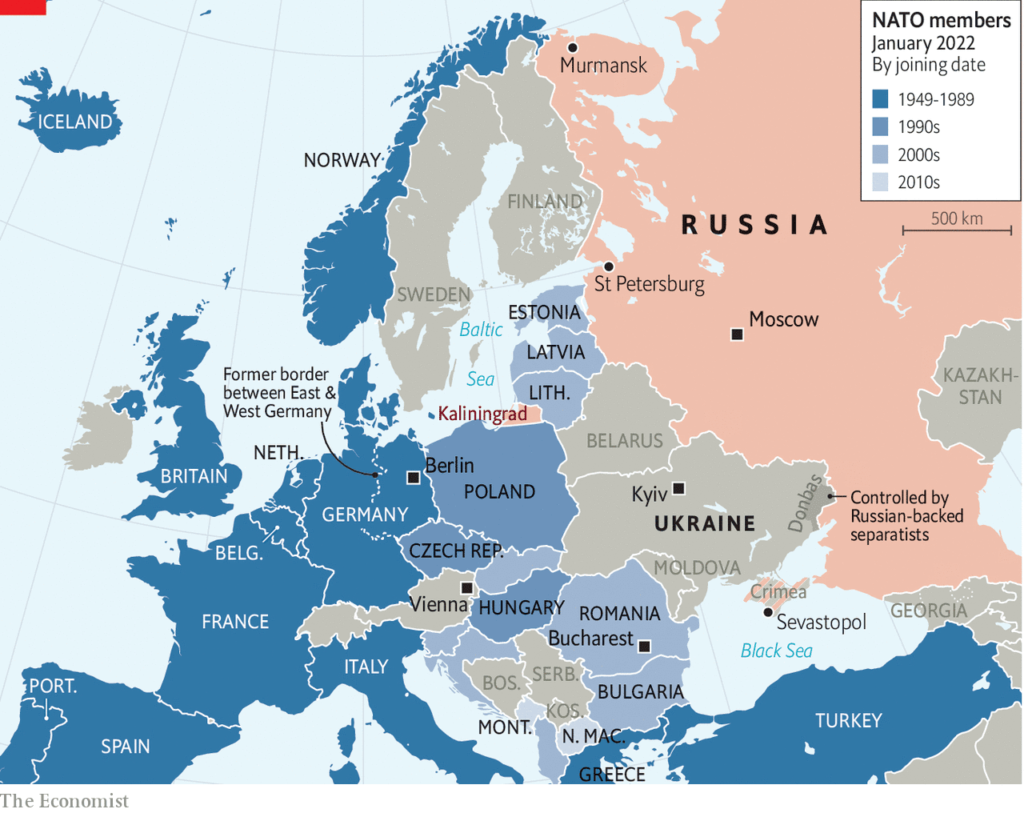The visit of EU High Representative for Foreign Affairs and Security Policy Josep Borrell Fontelles to Moscow on 5 February 2020 proved devastating, provoking a storm of criticism from both Ursula von der Leyen and the Commission. Josep Borrell Fontelles’ visit was described as a sad failure for the EU’s prestige and status because it was characterized by expected and unexpected elements.
Russian Foreign Minister Sergey Viktorovich Lavrov described before EU High Representative for Foreign Affairs and Security Policy Josep Borrell Fonteles, the EU as an “unreliable partner”, describing the EU as largely authoritarian because of incidents of police violence in EU member countries, that the EU is using unfounded accusations against Russia for poisoning Alexei Navalny to impose new sanctions against Russia.
by Thanos S. Chonthrogiannis
©The law of intellectual property is prohibited in any way unlawful use/appropriation of this article, with heavy civil and criminal penalties for the infringer.

Photo by the website www.neweurope.eu
For his part, Josep Borrell Fonteles, in the interview with Sergey Viktorovich Lavrov, was caught off guard because he thought he was going on a leisure trip to Moscow so that he would not show the necessary reflexives as his position would impose on him against the harsh accusation unleashed by the Russian Foreign Minister.
All he was able to say in response was praise to Russia for the Sputnik-V vaccine it produces to tackle the Covid-19 pandemic while intervening in areas that do not concern him by inelegantly urging the European Medicines Agency to give its approval.
At the same time, while in Moscow, he was informed of the expulsion from Russian territory of diplomats from Germany, Poland, Sweden for taking part in illegal demonstrations in favour of Alexei Navalny.
In addition, the unfit for the position of EU High Representative for Foreign Affairs and Security Policy Josep Borrell Fontelles, seemed surprised at a reporter’s question about U.S. Policy towards Cuba, continuing the crescendo of the fiasco by criticizing the U.S. embargo, partly vindicating Russia’s official positions on the issue.
All Josep Borrell Fontelles managed to do was show that Russia is in a hostile attitude towards the EU.
On Tuesday 9 February, Josep Borrell Fontelles presented himself to the European Parliament to inform and explain, but he experienced another nightmarish day as more than seventy (70) MEPs called for his resignation or expulsion because of the “humiliation” suffered by the Russians and his failure to defend the interests and values of the EU.
Why this failure of the EU High Representative for Foreign Affairs and Security Policy happened
The reaction in the European Parliament has been ferocious on the part of MEPs because the joint press conference was clearly dominated by Sergey Viktorovich Lavrov, of course, winning the impressions.
But the Europeans must be honest, the meeting of the two Foreign Ministers was unequal by birth. Why by birth this meeting was uneven is since Josep Borrell Fontelles and everyone else in his position is just an “intermediary” and only that. On the other hand, Sergey Viktorovich Lavrov, the Cerberus of Russian Diplomacy is at the same time a co-modulator and enforcer of Russian Foreign Policy.
In addition, Russia’s foreign policy over the last three hundred and fifty years-from the Tsar era to Russia’s post-Soviet period today-has always been Imperial. On the contrary, the EU is an unprecedented project which has an ambition to acquire imperial status at some point.
Photo by the website www.rte.ie
How to fix this situation so that it does not happen again
In order not to repeat such a failure in the EU High Representative and not only in the EU High Representative for Foreign Affairs and Security Policy so that EU political representatives effectively represent and highlight the EU requires that the European governments of EU member countries allow the EU to develop a truly common foreign policy.
Each EU member country, for its own reasons, creates obstacles. Germany, with its Mercantilism, the Mediterranean member countries are interested in their own hegemonic ambitions, while the Central-Eastern member countries always put forward their anti-Russian atavism.
In these controversies and the national interests of EU member countries, non-EU countries invest by enlarging them, not leaving the recognition of a leader power with powers that no country is willing to cede. Otherwise, the EU will have to realise its disadvantages and focus on its advantages, regardless of whether it aspires to acquire Imperial status.
The EU’s arms advantages for its foreign policy
The EU’s supremacy lies in the dense web of multilateral trade interdependencies, which create mutually beneficial economic transactions, which in turn weaken the choice of warfare.
The superiority and continuous promotion of the European model, the composition of the Liberal rule of law with emphasis on planetary responsibility, the defence of the international system and the market economy that resists all kinds of authoritarianism and barbarism. These are the advantages and that is where the EU’s global strength so far lies.






